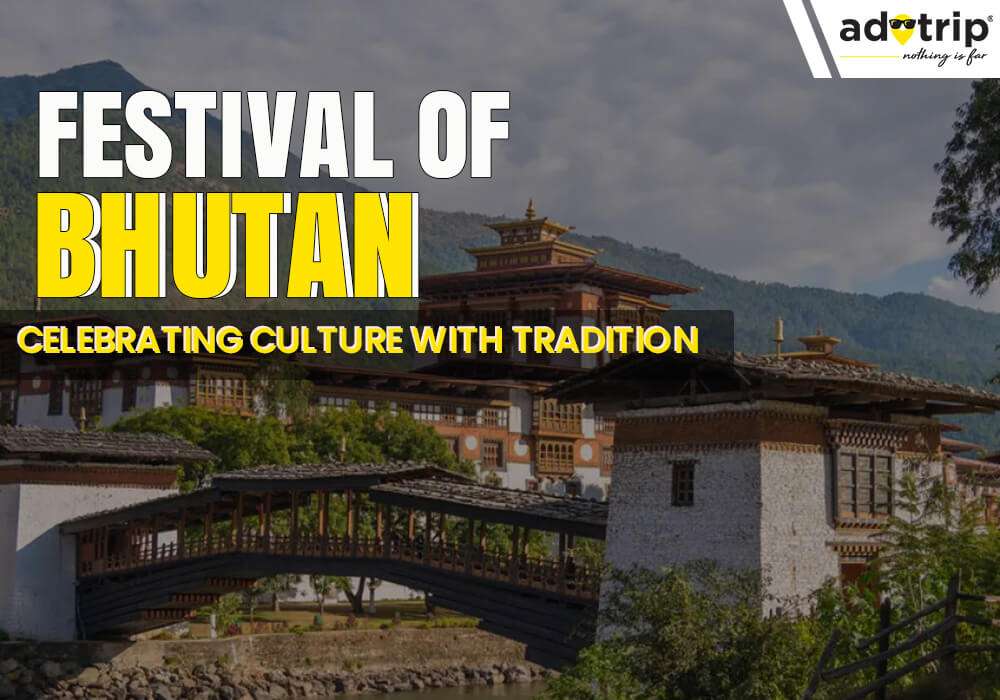
Last Updated At: 07-Dec-2023
10 Famous Festival Of Bhutan You Must Experience In 2024
Bhutan, the Land of the Thunder Dragon, is well known for its diverse cultural legacy and beautiful Himalayan vistas. The festivals that make up this complex tapestry are at its core. With masked dancers, ornate costumes, and long-preserved rituals, these joyful and spiritual events provide an insight into Bhutanese traditional celebrations. Bhutan's festivals, which combine Buddhism and tradition and are attended by tourists from all over the world, embody the core of the country's identity, ranging from the vibrant Paro Tsechu to the solemn Punakha Drubchen.
List Of 10 Famous Festival Of Bhutan
Bhutan's festivals are a mesmerising blend of culture and spirituality. Experience the vibrant colours, traditional dances, and sacred rituals during events like Paro Tsechu and Thimphu Tshechu. These celebrations offer a unique glimpse into Bhutan's rich heritage, fostering a deep connection with the country's cultural essence. Here are some of the best festivals in Bhutan. Be a part of these festivals and learn more about the rich culture and heritage of the country.
- Paro Tsechu | One of Bhutan's Grandest Festivals With Masked Dance
- Thimphu Tshechu | Vibrant Festival With Religious Dances
- Punakha Drubchen | Combines Religion, History, and Culture in Punakha
- Jambay Lhakhang Drup | Witness the Mystical Fire Dance
- Wangdue Tshechu | Showcases Traditional Bhutanese Dances and Mask Performances
- Haa Summer Festival | Explore Bhutanese Culture in the Picturesque Haa Valley
- Jakar Tshechu | Enjoy the Colourful Dances and Rituals
- Black-Necked Crane Festival | It Honours the Endangered Crane Species
- Trashigang Tsechu | Immerse Yourself in the Vibrant Culture of Eastern Bhutan
- Cham Dance | Bhutanese Monks Performing Traditional Cham Dance
1. Paro Tsechu | One of Bhutan's Grandest Festivals With Masked Dance
Bhutan's fascinating Paro Tsechu festival perfectly captures the spirit and culture of the place. It's a colourful event held every year in Paro and features locals dressed in vivid costumes and monks with extravagant decorations. The festival's centrepiece is the revelation of a holy Thangka, which is thought to atone for sins. Traditional music, prayers, and mask dances acquaint visitors with Bhutan's rich history. Paro Tsechu is a visual and spiritual extravaganza that provides a single window into the customs of the monarchy.
- Time of Festival. March or April
2. Thimphu Tshechu | Vibrant Festival With Religious Dances
Bhutan's yearly festival, Thimphu Tshechu, is a mesmerising display of the country's cultural and religious legacy. This exciting celebration includes masked dances, upbeat music, and the unfolding of a massive Thangka, which is thought to bring good fortune. The distinctive blending of tradition and spirituality attracts both residents and tourists. The Thimphu Tshechu festival offers a vibrant look into Bhutanese culture and is evidence of the deep-rooted importance of festivals in the Kingdom of Bhutan.
- Time of Festival. September or October
3. Punakha Drubchen | Combines Religion, History, and Culture in Punakha
The Punakha Drubchen, a noteworthy event in Bhutan, is held in the ancient city of Punakha. This celebration combines religious practices and Bhutanese history in remarkably depicting a crucial 17th-century conflict. Monks and townspeople perform masked dances and ceremonies together, fostering a sense of spirituality and cultural significance. Punakha Drubchen is evidence of Bhutan's capacity to preserve its tradition while fervently enjoying it, fusing it with the contemporary.
- Time of Festival. February or March
4. Jambay Lhakhang Drup | Witness the Mystical Fire Dance
Jambay Lhakhang Drup, a unique Bhutanese festival celebrated in the revered Bumthang Valley, is well-known for its ethereal "Mewang" fire dance. Guru Rinpoche, who brought Buddhism to Bhutan, is honoured. In this ancient ceremony, fire is thought to purify and ward off evil spirits. Locals and monks assemble to observe it. In addition to mask dances, blessings, and cultural performances, the festival is a spiritual and cultural high point that displays Bhutan's existing customs.
- Time of Festival. October or November
5. Wangdue Tshechu | Showcases Traditional Bhutanese Dances and Mask Performances
The town of Wangdue Phodrang has a colourful celebration known as Wangdue Tshechu. This yearly Bhutanese religion and culture celebration includes spiritual rites, vibrant processions, and traditional mask dances. Locals and monks assemble to pay tribute to Guru Rinpoche and ask for blessings for the neighbourhood. A compelling look into Bhutan's rich history, Wangdue Tshechu is evidence of the value of festivals in maintaining local customs.
- Time of Festival. September or October
6. Haa Summer Festival | Explore Bhutanese Culture in the Picturesque Haa Valley
The Haa Summer Festival is a celebration of the distinctive culture and traditions of the area and is held in Bhutan against the stunning backdrop of the Haa Valley. This yearly celebration provides an insight into the daily life of the locals by providing the chance to take in traditional sporting events, games, and folk performances. The festival's tranquil ambience and breathtaking natural surroundings offer a remarkable experience that lets guests fully appreciate Bhutanese culture and the splendour of Haa Valley.
- Time of Festival. July
7. Jakar Tshechu | Enjoy the Colourful Dances and Rituals
Bhutan's rich cultural legacy is on display at the enthralling Jakar Tshechu festival, which takes place in the charming town of Jakar in Bumthang. The occasion includes a variety of historic mask dances, reverent ceremonies, and lively performances. To celebrate Buddhism and uphold Bhutanese customs, monks and locals join forces. Jakar Tshechu's singular fusion of spirituality and culture takes tourists into Bhutan's heart while providing a meaningful window into its enduring traditions.
- Time of Festival. October or November
8. Black-Necked Crane Festival | It Honours the Endangered Crane Species
The peaceful Phobjikha Valley hosts the annual Black-Necked Crane Festival in Bhutan, a unique celebration honouring the endangered black-necked crane species. This festival aims to increase public knowledge of these magnificent birds and their environment by skillfully fusing cultural performances, masked dances, and exhibitions. An illuminating and endearing encounter that highlights Bhutan's dedication to protecting its natural heritage, visitors may see the spiritual bond between the Bhutanese people and the cranes.
- Time of Festival. November
9. Trashigang Tsechu | Immerse Yourself in the Vibrant Culture of Eastern Bhutan
The bright Trashigang Tsechu festival, celebrated in Trashigang in eastern Bhutan, is a vibrant display of the area's rich culture and spiritual traditions. This yearly celebration includes lively processions, religious ceremonies, and colourful mask dances. Together, monks and locals celebrate their faith and safeguard their distinctive heritage. The Trashigang Tsechu highlights the significance of festivals in upholding these traditions while providing an enthralling insight into the diverse cultural textiles of eastern Bhutan.
- Time of Festival. November or December
10. Cham Dance | Bhutanese Monks Performing Traditional Cham Dance
Monks and lamas dressed in vibrant masks and costumes perform the Cham Dance, a spiritual and captivating ceremony in Bhutan. Intricate choreography and profound symbolism combine to create a visual and spiritual spectacular. These dances, which relay tales from Buddhist texts and invoke blessings, are a crucial component of Bhutanese festivities. The Cham Dance Bhutan, which enthrals residents and tourists with its mystique and cultural significance, is a profound link to Bhutan's spiritual legacy.
- Time of Festival. Throughout the year, during various religious events.
Selecting Adotrip for your Bhutan festival experience is your gateway to a realm of enchantment. Our Bhutan festival itineraries are meticulously crafted to immerse you in the heart of these vibrant celebrations. We handle all the details, ensuring you can easily witness the dazzling colours, dances, and traditions. Let Adotrip guide you to unlocking Bhutan's cultural tapestry through its awe-inspiring festivals.
With us, nothing is far!
Book Bhutan Tour Packages
Frequently Asked Questions about Tshechu In Bhutan
Q1. What role do festivals play in Bhutanese society?
A1. Bhutan's festivals are significant cultural and religious expressions that strengthen communal ties, uphold traditions, provide a window into the country's spiritual legacy, and unite people in celebration.
Q2. How are Bhutanese festivals connected to religious practices?
A2. Festivals in Bhutan are intricately entwined with spiritual traditions, frequently centred upon Buddhism. They include holy rites, prayers, and masked dances that monks perform to honour the gods, ask for blessings, and transmit spiritual messages.
Q3. Are festivals like Tshechus more about spirituality or entertainment?
A3. In Bhutan, tshechus are spiritual celebrations with a strong foundation in religious customs. Their primary goal is to advance spirituality, cultural values, and neighbourhood cooperation, even if they provide lively entertainment.
Q4. What are the common features of Bhutanese festival celebrations?
A4. Bhutanese festival festivities frequently involve colourful processions, religious rites, traditional music, spectacular mask dances, and townspeople and monks. These components show off Bhutan's diverse spirituality and culture as a whole.
Q5. How do Bhutanese festivals often involve mask dances and costumes?
A5. Monks and locals perform intricate mask dances representing deities, devils, and historical figures at festivals in Bhutan. The performances are made more colourful and dramatic by elaborate costumes, which frequently depict characters from folklore or religious stories. This increases the performances' cultural and spiritual value.
Q6. Are festivals in Bhutan open to tourists and visitors?
A6. Yes, tourists and guests are typically welcome at Bhutanese festivals. The country's culture and spirituality can be experienced through them, but particular etiquette and traditions should be followed.
Q7. How do festivals contribute to a sense of community and cultural identity?
A7. Bhutan's festivals strengthen the community by bringing people together to celebrate common customs. Through rituals, dances, and customs, they strengthen cultural identity and establish a sense of community that maintains Bhutan's distinctive history.
Q8. Are there any specific taboos or behaviours to be mindful of when attending Bhutanese festivals?
A8. Visitors to Bhutan are advised to dress modestly when attending festivals, refrain from pointing their toes at sacred artefacts, and stay out of ceremonies. Respect must be shown, conventions must be observed, and photography must be permitted.
Q9. What festivals are celebrated beyond the major Tshechus?
A9. Bhutan also celebrates various other festivals, including:
- Black-Necked Crane Festival
- Ura Yakchoe
- Jambay Lhakhang Drup
- Trashigang Tsechu
- Wangdue Tshechu
- Punakha Drubchen
Q10. How have festivals in Bhutan adapted to modern changes while maintaining their traditions?
A10. Bhutanese celebrations have evolved by adding contemporary components like music systems and digital displays. However, they prioritise maintaining traditional dances, costumes, and rituals to maintain cultural continuity in the face of modernisation.
--- Published By Adotrip
Latest Blogs
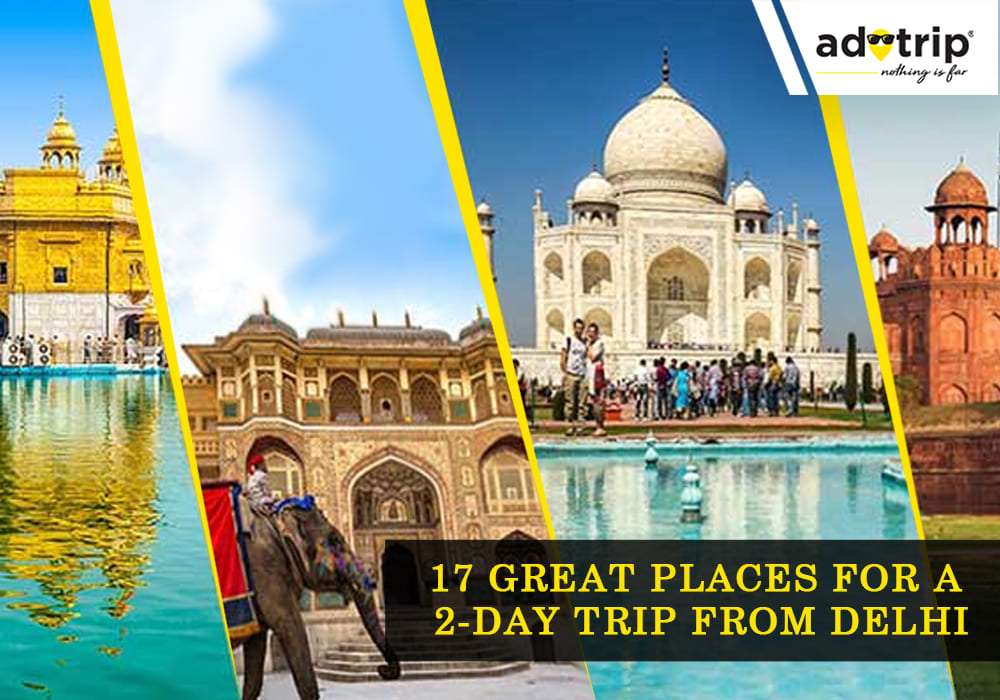
17 Best Places for 2 Days Trip from Delhi
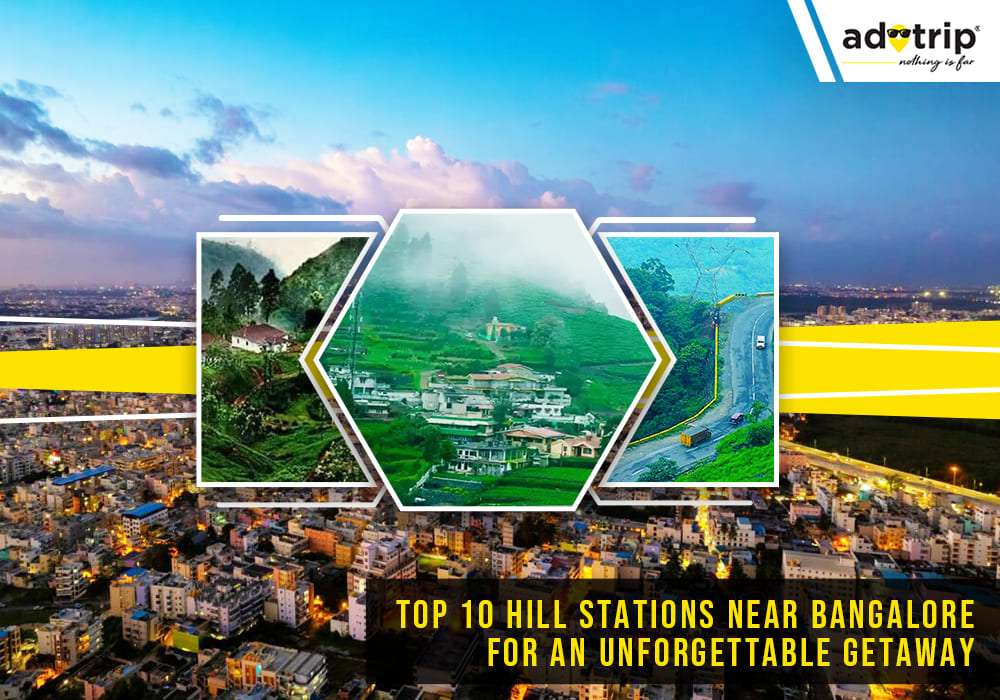
Top 10 Hill Stations Near Bangalore for an Unforgettable Get...
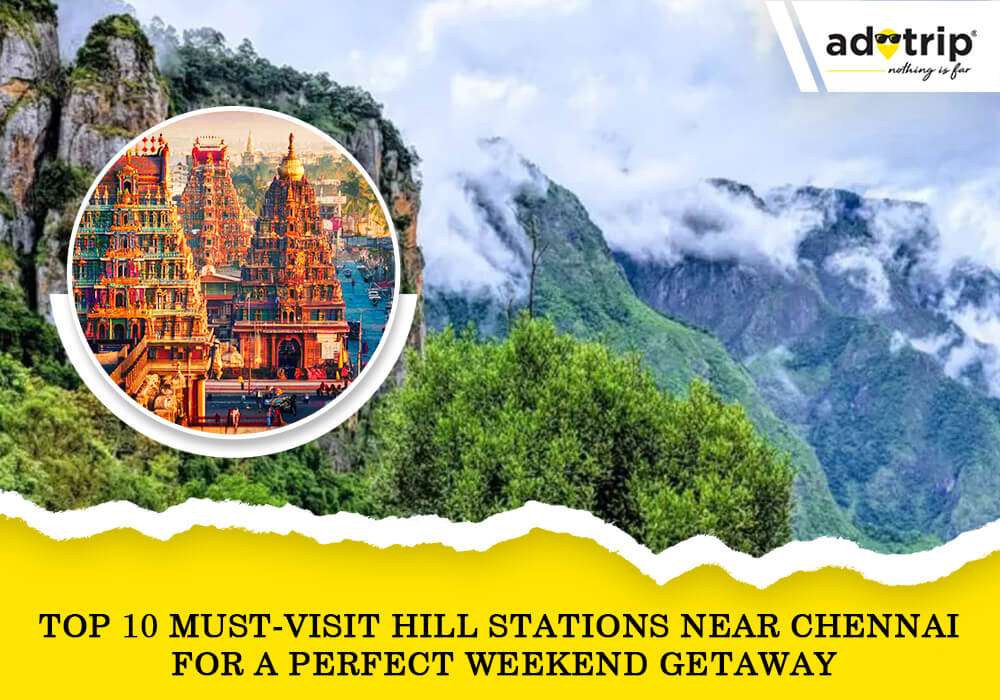
Top 10 Hill Stations Near Chennai For a Perfect Getaway

10 Best Hill Station Getaways Near Gurgaon for Peace Seekers

10 Astonishing Underwater Temples of India You Must Visit in...
Speak to our experts
Popular Flights
Mangalore to Mumbai Flights
Udaipur to Coimbatore Flights
Chennai to Jaipur Flights
Guwahati to Ahmedabad Flights
Raipur to Thiruvananthapuram Flights
Chandigarh to Vadodara Flights
Indore to Chennai Flights
Coimbatore to Jammu Flights
Bhubaneswar to Hyderabad Flights
Dehra Dun to Mumbai Flights

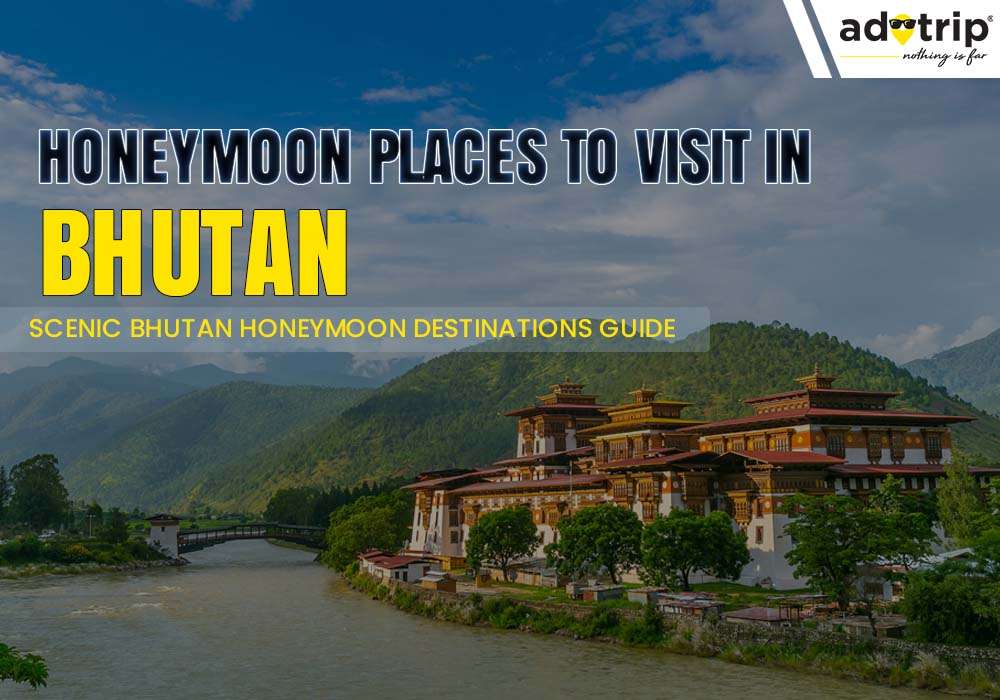
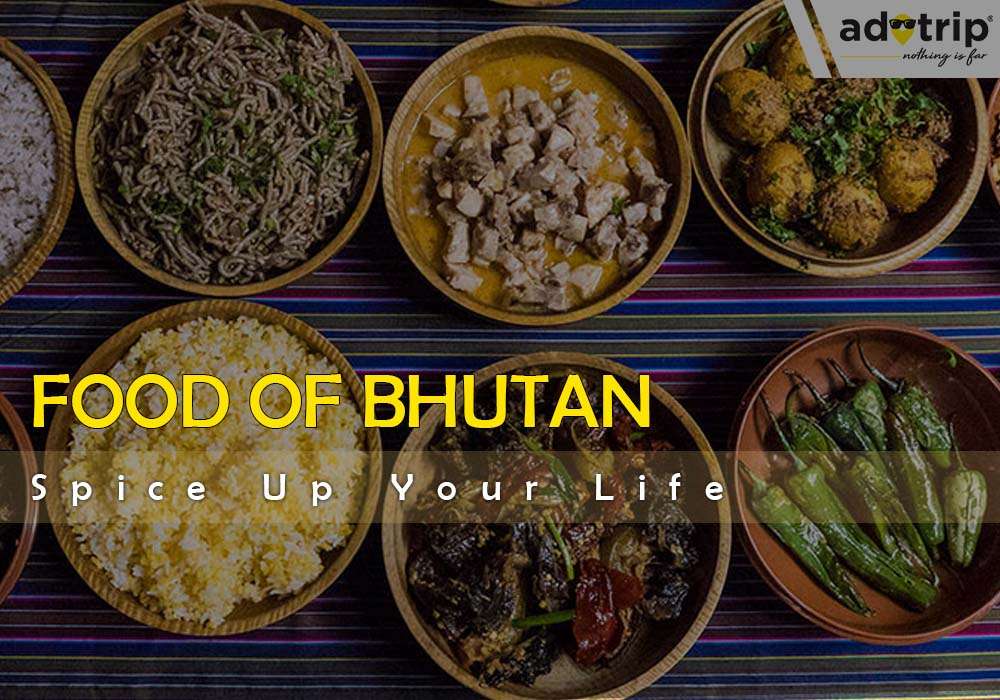
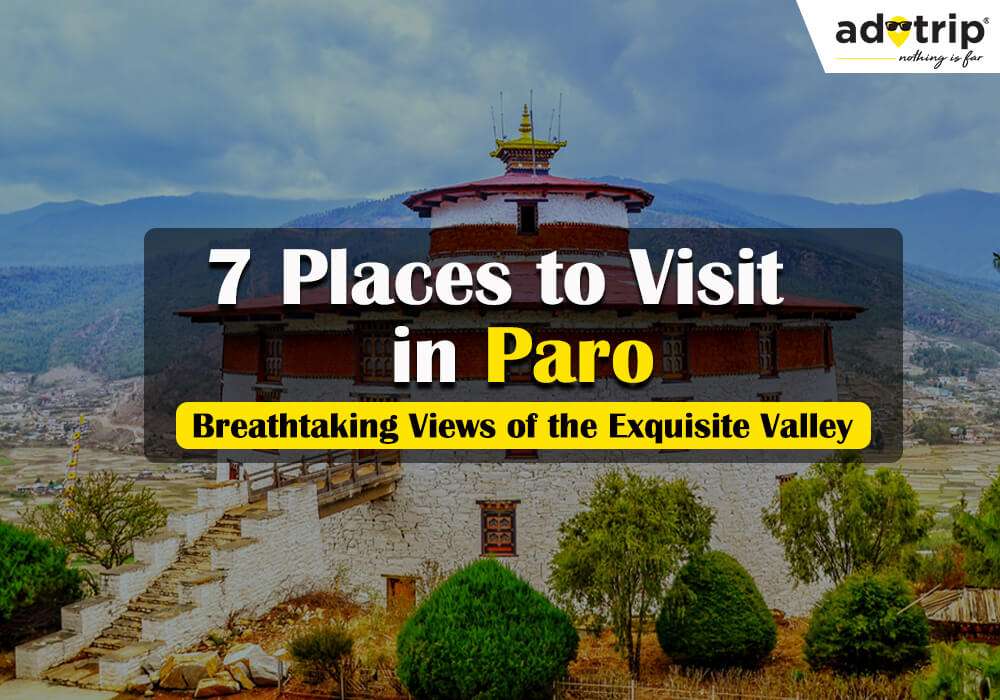
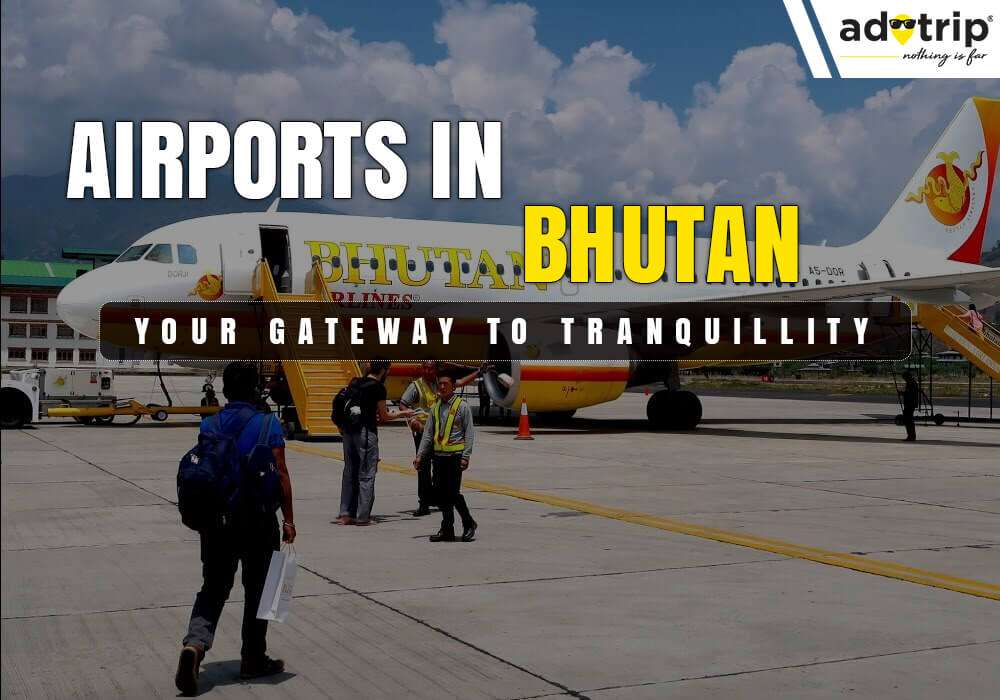
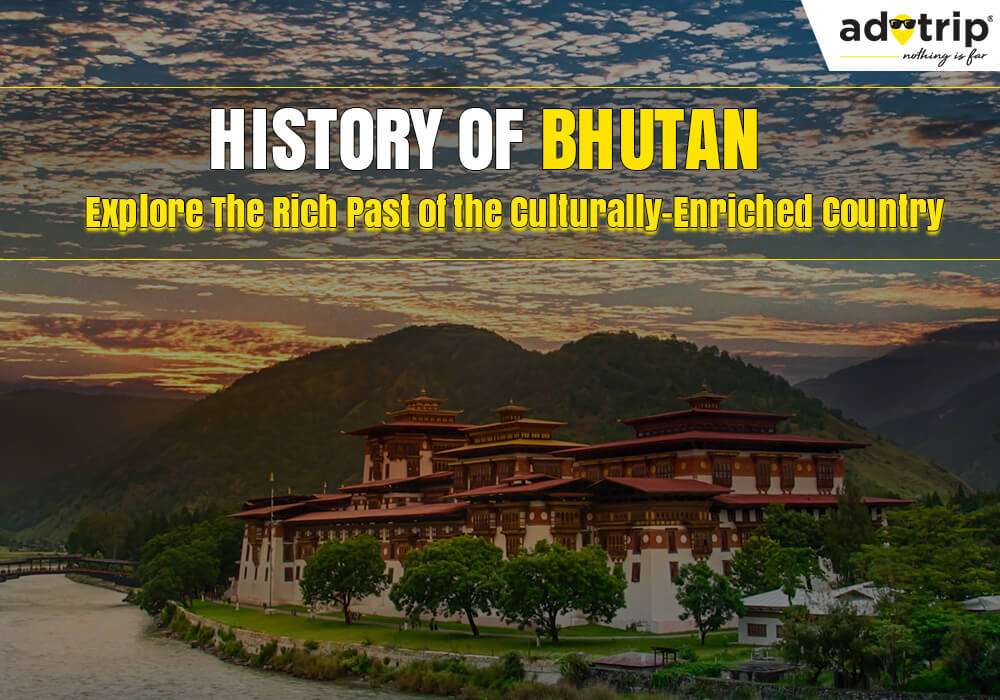
 Dubai
Dubai Malaysia
Malaysia USA
USA






